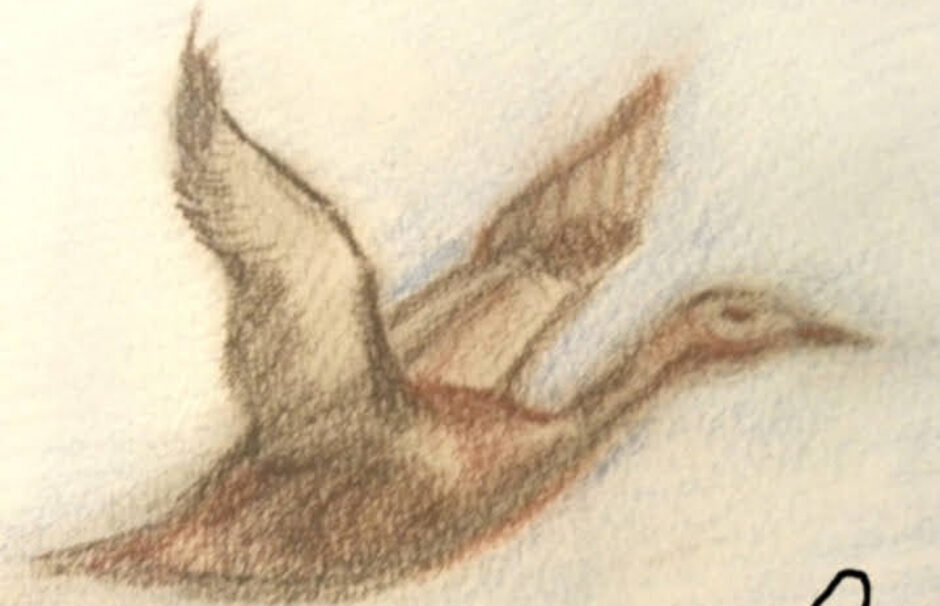incubation dreams*חלומות אינקובציה*
פרופ’ חיים וייס
*המחלקה לספרות עברית, אוניברסיטת בן-גוריון בנגב *
*חלומות אינקובציה*
כפי שמציין דודס, אחת השיטות המקובלות לקבלת חלום בעולם העתיק היא ה’אינקובציה’
– טכניקה לקבלת מידע בחלום המתבצעת על ידי שינה המתרחשת לרוב במקומות מקודשים
ושמלווה באקטים פולחניים.
שני המושאים המקובלים ביותר בספרות העת העתיקה לחלומות אינקובציה הם שאלות
בעלות גוון לאומי, הרווחות יותר בספרות המקרא והמזרח הקדום, ושאלות אישיות
הנוגעות בעיקר לנושאים רפואיים המקובלות בעיקר בעולם היווני-רומי.
*חלומות אינקובציה – סקירה היסטורית*
הדגם המקובל של חלום אינקובציה בספרות המקראית ובספרות המזרח הקדום הוא חלום
ההתגלות (Theophany Dream) בו “בא” האל אל האדם בלילה וניצב למראשותיו: “ויבא
אלהים אל אבימלך בחלום הלילה” (בראשית, כ’ ג’). על פי רוב חלום מסוג זה מתקבל
בזמן שינה במקדש מתוך הנחה כי התגלות האל במקדשו שכיחה יותר מאשר מחוצה לו.
בסוג זה של חלום, ההתגלות כמו גם דברי האל נושאים אופי ישיר וגלוי ולפיכך החולם
אינו נזקק, על פי רוב, לפרשנות כלשהי. כפי שמציינת רות פידלר, חלומות אלו רווחו
בעת העתיקה ואנו מוצאים כדוגמתם במקורות שומריים (חלום גודאה ובמקורות
מצריים (חלום מרנפתח
דוגמא מאוחרת יותר המשמרת את המסורת המקראית ניתן למצוא בכתבי יוספוס.
ב’קדמוניות היהודים’ מתאר יוספוס את חלומו של ידוּע הכהן ערב הגעתו של אלכסנדר
הגדול לירושלים:
שמע הכהן הגדול ידוּע על כך והיה שרוי באימה ובפחד ואובד-עצות, כיצד יתראה פנים
את המוקדונים בשעה שמלכם כועס בגלל מריו הקודם. וכן קרא את העם לתפילה והקריב
עימו קרבן לאלוהים ובקש מלפניו, שיגן על העם ויחלצו מן הסכנות המרגשות לבוא
עליו. ואחרי הקרבת הקרבן שכב לישן, [ואז] הודיעו אלוהים דבר בחלום, שיתחזק
ויקשט את העיר בזרים ויפתח את השערים ויקבל את פניהם כששאר האנשים לבושים לבנים
והוא והכוהנים בבגדיהם כחוק, ולא יחששו פן תאונה להם רעה, כי עין אלוהים עליהם.
כאשר קם משנתו שמח בנפשו מאוד וסיפר לכל את דבר אלוהים שהיה אליו, ועשה ככל
שהוגד לו בחלום וחיכה להופעת המלך.
מנהג השינה במקדשי אלים, בעיקר לצרכים של קבלת מידע רפואי מהאלים דרך החלום,
היה שכיח למדי בתרבות ההלניסטית. הרפואה בעולם היווני התבססה על שילוב בין מידע
שניתן לכנותו ‘מדעי’ ובין פרקטיקות מאגיות-ריטואליות שהיוו חלק בלתי נפרד
מתהליך האבחון והטיפול.
למאמר המלא
לקריאה נוספת על חלומות בעולם העתיק:
https://www.dreamtheory.org/?page_id=80
חלומות-בעולם-העתיק
***********************
Professor Haim Weiss Ben–Gurion University, Department of Hebrew Literature
Incubation Dreams
As Dodds points out, one of the accepted methods for receiving a dream in the ancient world is ‘incubation’ – a technique for receiving information in a dream that is usually performed in sacred places and accompanied by ritual acts.
The two most common subjects in ancient literature for incubation dreams are questions of a national nature, more prevalent in Biblical and Ancient Near Eastern literature, and personal questions mainly relating to medical issues, which are primarily found in the Greek-Roman world.
Incubation Dreams – A Historical Overview
The accepted model of an incubation dream in Biblical literature and Ancient Near Eastern literature is the theophany dream, in which “God comes” to a person at night and stands at their head: “And God came to Abimelech in a dream by night” (Genesis 20:3). Typically, such a dream is received during sleep in a temple under the assumption that a divine revelation in his temple is more common than outside it.
In this type of dream, the revelation, as well as the words of God, carry a direct and clear nature, and therefore, the dreamer usually does not require any interpretation. As Ruth Fidler notes, these dreams were prevalent in ancient times, and we find their examples in Sumerian sources (the dream of Gudea) and in Egyptian sources (the dream of Merneptah).
A later example that preserves the Biblical tradition can be found in the writings of Josephus. In ‘The Antiquities of the Jews,’ Josephus describes the dream of the High Priest Jaddua before the arrival of Alexander the Great to Jerusalem:
The High Priest Jaddua heard about this and was filled with terror and fear, and at a loss about how to face the Macedonians when their king was angry because of his previous rebellion. He also called the people to prayer and offered a sacrifice to God with them, asking Him to protect the people and save them from the dangers that loom over them. After offering the sacrifice, he went to sleep, [and then] God informed him in a dream, that he should be strong and adorn the city with garlands, open the gates, and receive them, while the rest of the people wear white and he and the priests in their customary garments, and they should not fear any harm because God’s eye is upon them. When he woke from his sleep, he was very happy and told everyone about God’s message to him, and did everything as he was told in the dream and waited for the king’s appearance.
The practice of sleeping in the temples of gods, mainly for the purpose of receiving medical information from the gods through dreams, was quite common in Hellenistic culture. Medicine in the Greek world was based on a combination of information that could be termed ‘scientific’ and magical-ritual practices that were an integral part of the diagnostic and treatment process.
